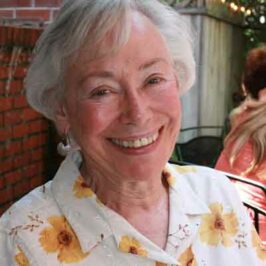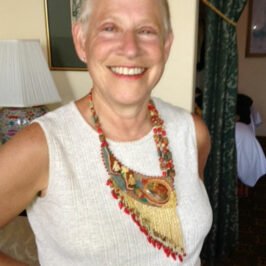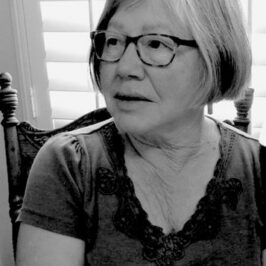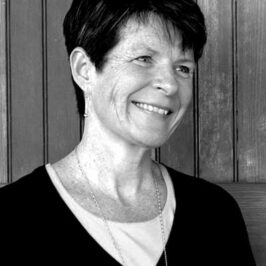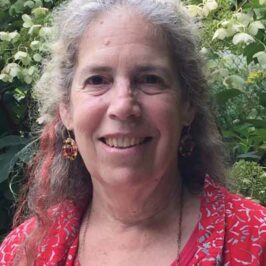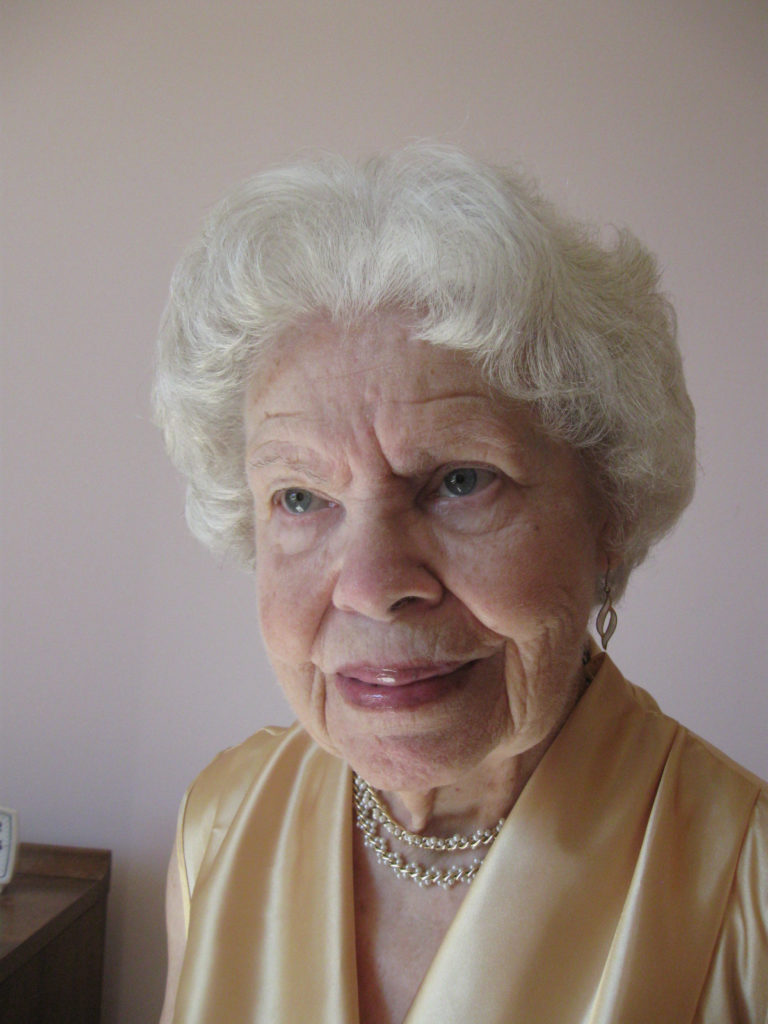
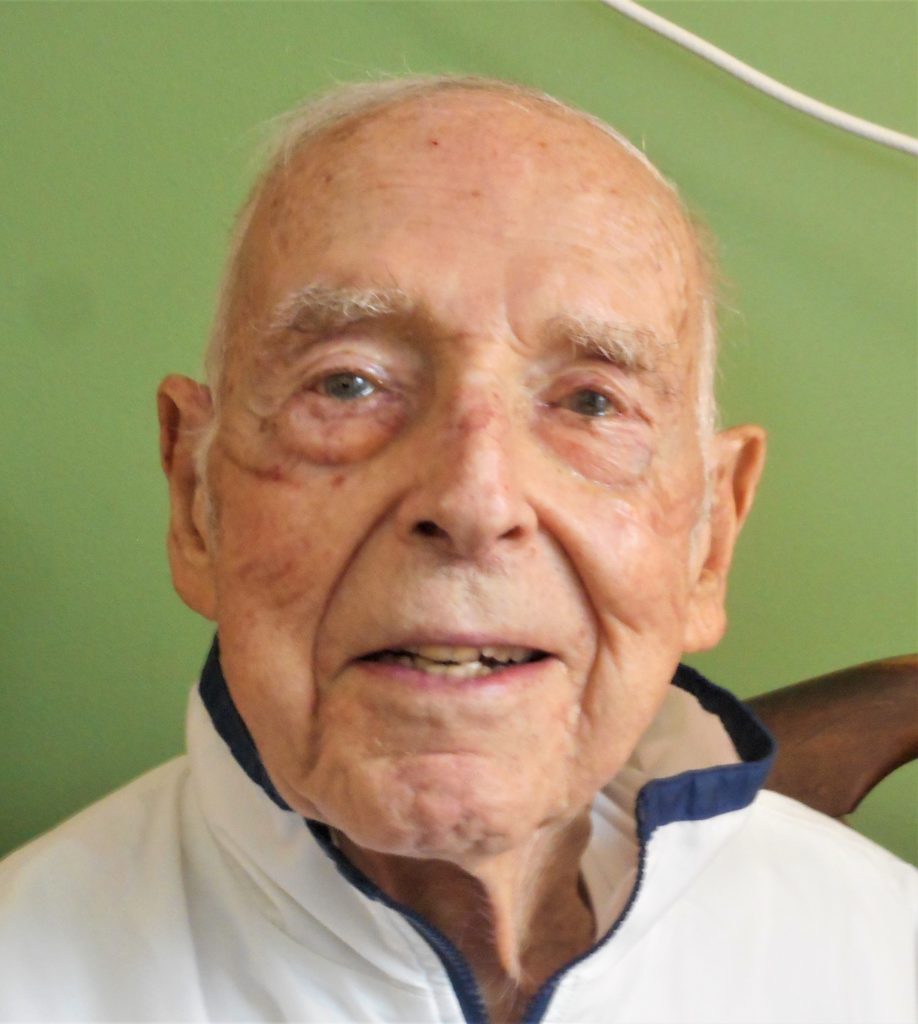
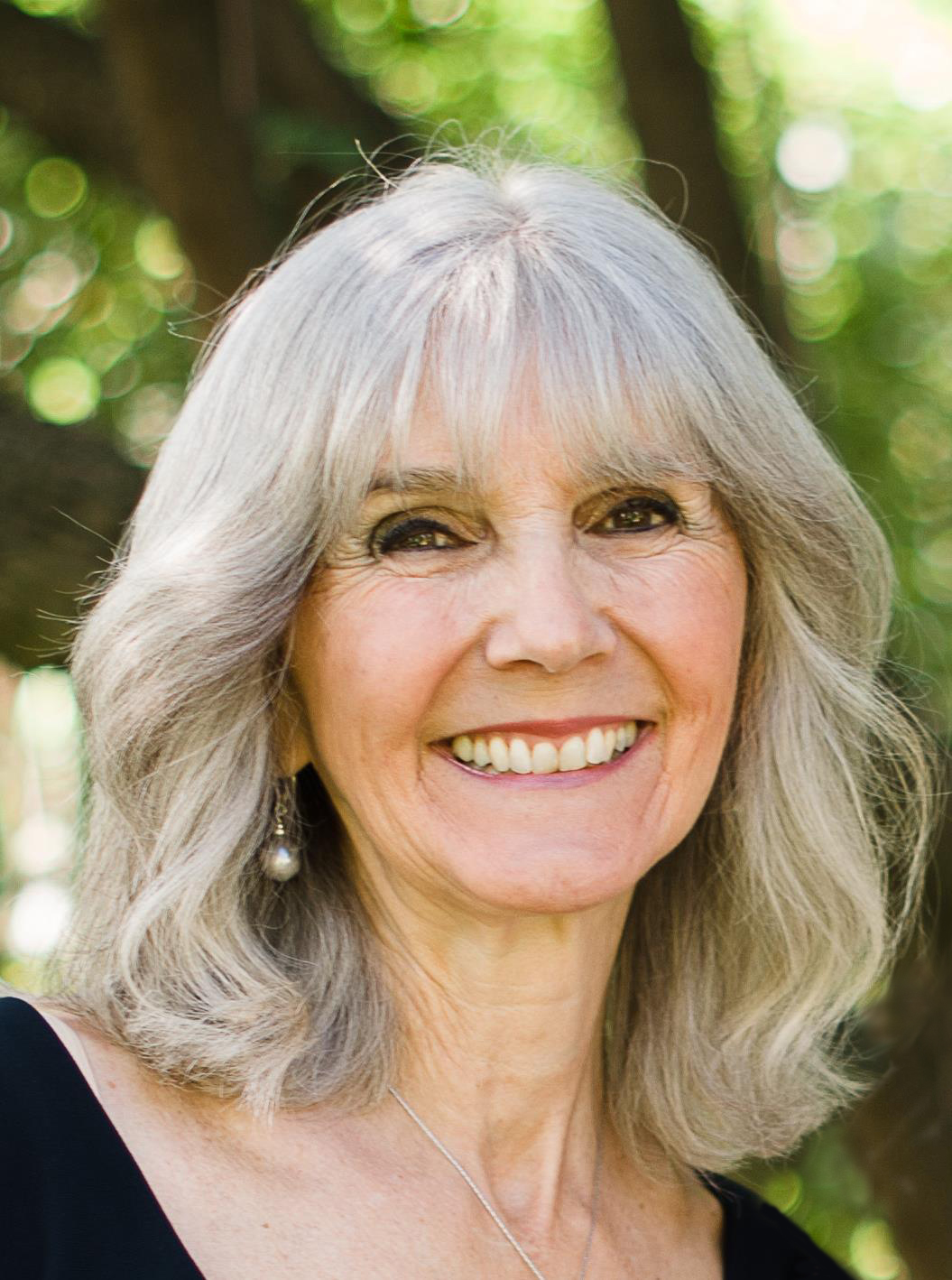
Presidential namesakes, with poems by Rossme Taylor, Tom Buchanan and Leah Johnson.
7 minutes
TRANSCRIPT
We used to celebrate George Washington’s birthday on Feb. 22 and Abraham Lincoln’s birthday on Feb. 12. In 1971, President Nixon decreed that the third Monday in February would be called Presidents Day and would honor all US presidents. On this edition of Burning Bright, we’re going to honor a few less-remembered presidents.
Zachary Taylor was our 12th president. He only lasted a year, from 1849 until his death in 1850. Some people said he died from eating some bad cherries on the 4th of July; others say he died from cholera. Here’s a poem from Passager Issue 54 by Rossme Taylor, “Half-Thought.”
I half-woke this morning
feeling that some vast mouth
was criticizing me, disapproving,
unsatisfied, disappointed;
and I wanted to shut it —
to be rid of the noise.
The vast mouth was on the floor,
and I brought a big towel
to spread over it.
I wondered if it was death, and so I
thought about death.
I do not want vastness in my
death, or any sense of large impersonality,
of oracularity, of great-worldliness;
of high significance,
of necessary importance
like voting or a history examination.
No cosmos-es, no universe-s.
I want it to let itself come down to being
something rather small, touchable,
to let me reach out to it,
take it in my hand.
To be a sunset in my street,
an evening in autumn,
a neighborly, accepting thing,
a return to someplace once known.
I want death to be real; near;
a warmth, a receiving, a forgiving,
a thing I can know what to do with.
I want it to be me.
I half-found it, I think,
this morning,
in my half-waking –
but it said its name was Life.
Rossme Taylor’s poem “Half-Thought.” If it sounded like a dream, it was. She said she woke up, wrote her dream, and just went on writing.
Our 15th president was James Buchanan, 1857-1861, just before Lincoln and the Civil War. And like Lincoln, Buchanan was also born in a log cabin, but his was in Pennsylvania.
Here’s Tom Buchanan’s poem, “The Summer Scarecrow” from the anthology The Poets of Ingleside.
Opening up the cabin had its rituals
to which I religiously adhered.
First, cleaning the spider webs
and spiders from windows and doors;
then letting the musty winter air
escape from the opened windows
before lighting fires in our two wood stoves
to take the chill out of the cabin air,
with left-over logs, reminding me it
was high time I went outside and chopped
down a few more dead Aspen trees to tide
us over the summer, and planted our garden
of herbs for our salads and flowers to brighten
our spirits, measured as the weeks flew by,
by not only our garden’s response to our
loving care, but also by those irritants of summer
in the mountains: the swarms of mosquitoes,
awaiting the cutting of the hay fields, the porcupines
chewing the logs beneath our wood-frame bed,
and the birds, the hundreds of birds who seemed
to view our garden as their dessert. It was then
when I remembered that the pile of rags in a corner
of the barn had, like everything, a purpose. They
were the clothes for my annual scarecrow to frighten
off the birds. The summer was complete with this
tramp, standing in the garden, waving its arms at
all the passers-by until the Aspen trees turned yellow
in the fall, and the first flakes of snow told it was
time to pack up the cabin for the following year.
“The Summer Scarecrow,” Tom Buchanan.
Our 17th president, Andrew Johnson, took over in 1865 after Lincoln was assassinated and served until 1869. Johnson was the only U.S. President who never went to school; he was self-taught.
Leah Johnson said this next poem began when she found a family tree of sorts, a list of Greek names written in cursive. She said, “Reading through these names again, I couldn’t get their beauty out of my head – a strange and haunting music.” Here her poem “Country of Origin.”
Haunting music they make, these names –
Haralambros
Vasiliki
Evangelos
Stavroula
Anastacia
Andriana
Caratsou
I lie in bed at night and recite them like a prayer
run them through my mind like worry beads
Haralambros
And they reverberate
Vasiliki
Like the strings of a bouzouki
Evangelos
Like olive branches in the wind
Stavroula
And they resonate
Anastacia
Like the wailing of a clarinet
Andriana
Like an incense-filled chant
Caratsou
I make of them a boat to carry me back
to the Peloponese, to fingers of land
stretching out to touch the azure sea, to
mountains and gorges, groves of twisted olive trees
whose celadon leaves flash silver in the sun, to
the place where I can find my own lost name —
Paschalia, Paschalia —
It sings, doesn’t it?
Doesn’t it sing?
“Country of Origin,” Leah Johnson from Passager Issue 71.
To buy The Poets of Ingleside or to subscribe to or learn more about Passager and its commitment to writers over 50, go to passagerbooks.com.
You can download Burning Bright from Spotify, Apple and Google Podcasts, Audible, and a host of other podcast apps.
For Kendra, Mary, Christine, Rosanne, and the rest of the Passager staff, I’m Jon Shorr.

